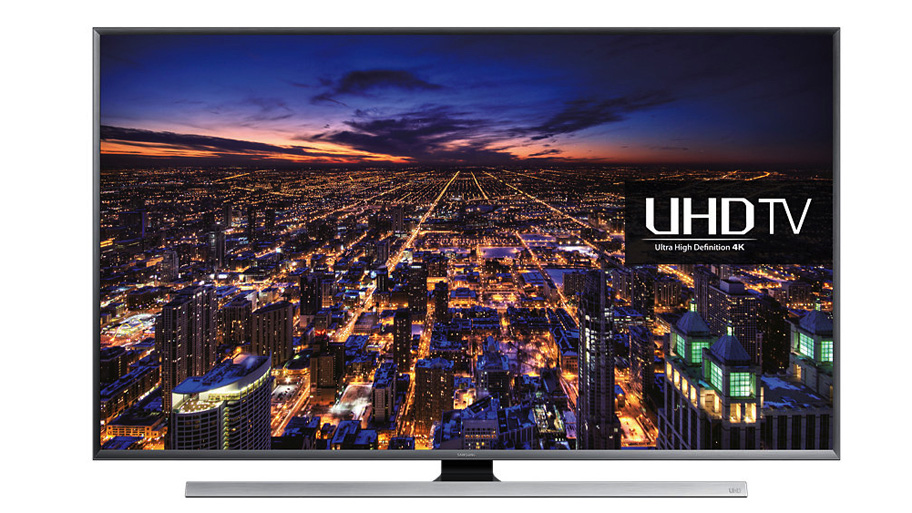You're not going to be buying an OLED from Samsung any time soon
The company's focus will instead be on quantum dot technology

OLED TVs in regular homes have been on the horizon for several years now, teasing us with vibrant colors and smoother motion, but true mass adoption has been faltering due to their high cost and a difficult production process.
Samsung dropped the technology back in 2014 as a result of these problems, and if recent comments are to be believed, they're not ready to pick it back up just yet.
In an interview with the Korean Herald, Samsung Electronics' president and TV chief Kim Hyun-seok has said that the company has no immediate plans to start using the technology.
He said that the company had previously considered adopting the technology in the future if its production processes and costs improved, but in the face of slow progress on both of these fronts Samsung would instead be prioritising quantum dot technology.
Hyun-seok claims this quantum dot technology could progress faster than OLED, and Samsung has claimed that panels equipped with this technology already outpace OLED rivals.
Quantum dot works by using giving tiny nanocrystals a small charge to allow them to reallign and produce deeper blacks.
NOLED
OLED panels meanwhile, use so-called organic light-emitting diodes to create a picture.
Sign up for breaking news, reviews, opinion, top tech deals, and more.
The use of these diodes results in a much more vibrant image than traditional LCD displays, thanks in part to the way they turn off completely in order to display a black image, creating a perfect black.
At the moment the market leader in the OLED field is LG, whose 'budget' 55EG920V still retails for over £2,000 ($2,900). Panasonic has also recently been producing televisions using the technology.
Sony, the fourth major TV manufacturer, is also currently not focussing on OLED.
- Via Pocket-Lint

Jon Porter is the ex-Home Technology Writer for TechRadar. He has also previously written for Practical Photoshop, Trusted Reviews, Inside Higher Ed, Al Bawaba, Gizmodo UK, Genetic Literacy Project, Via Satellite, Real Homes and Plant Services Magazine, and you can now find him writing for The Verge.